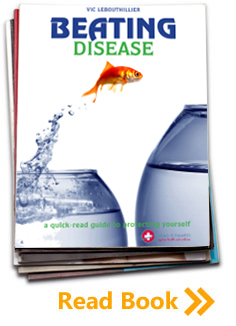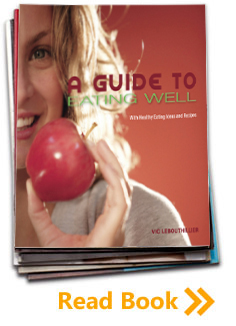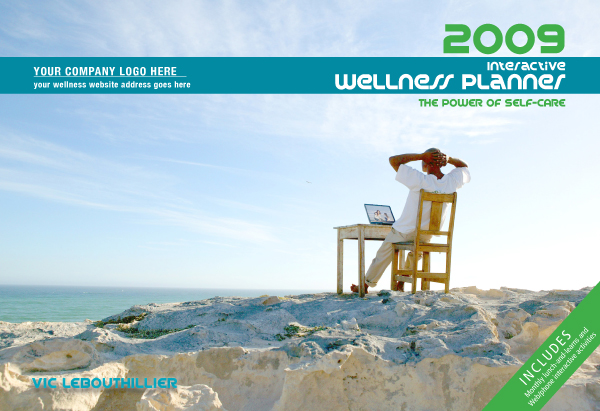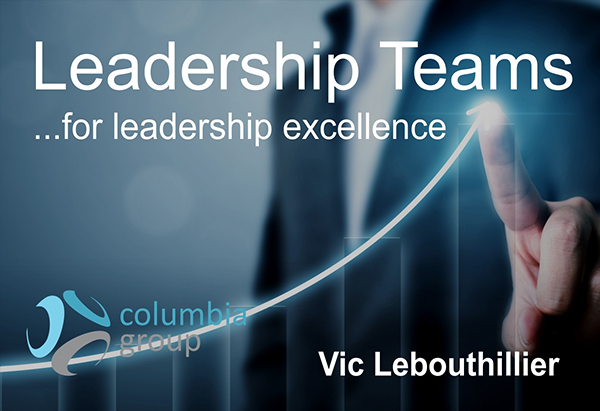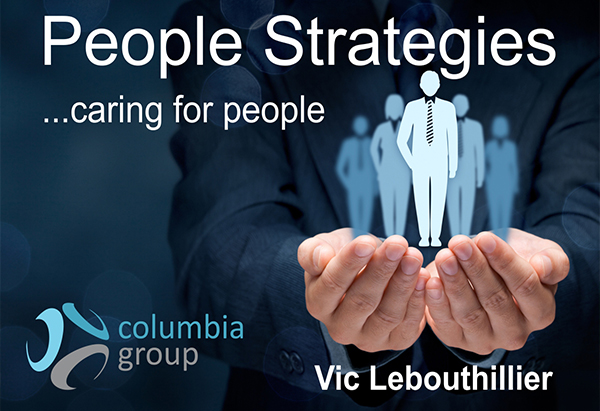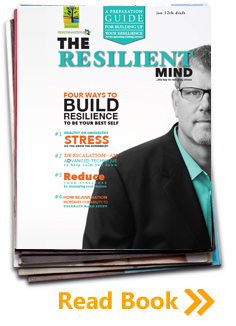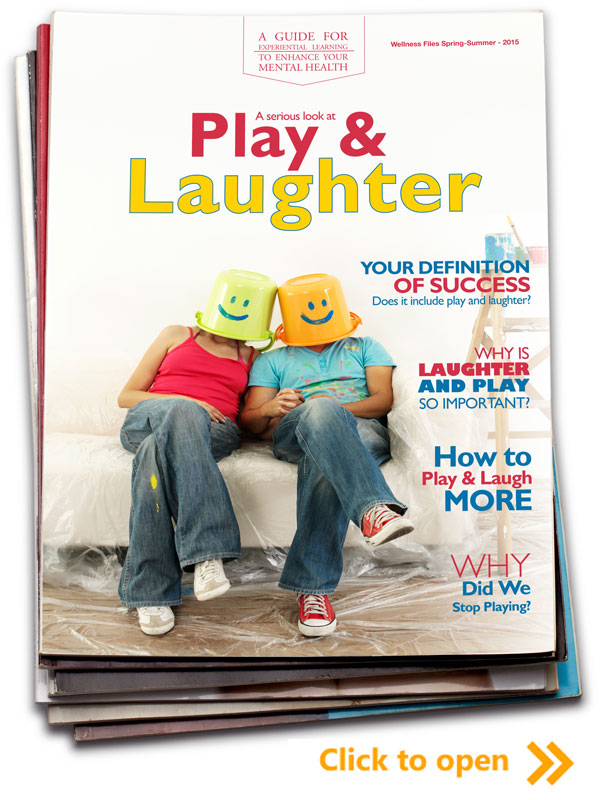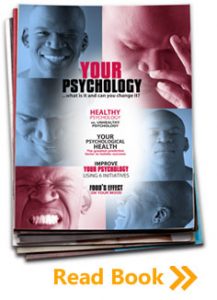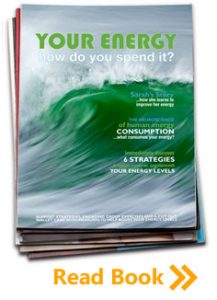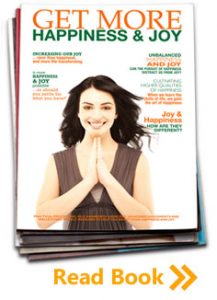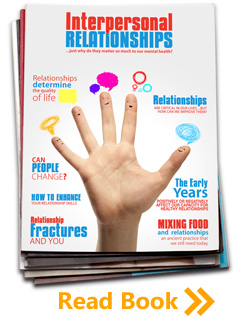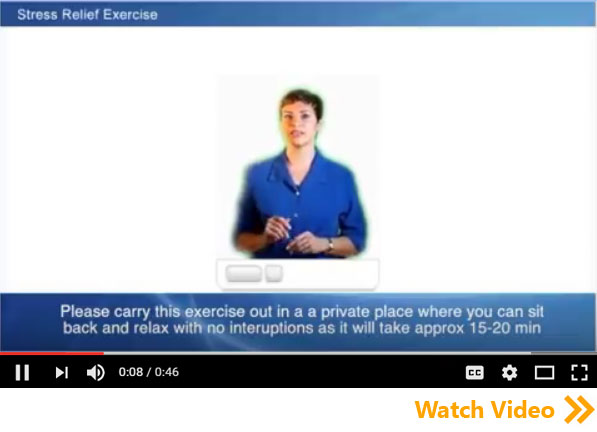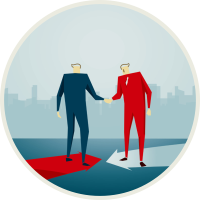Chronological Work History
From 1979-1987, Vic’s passion for building motivated him to start a construction company. This morphed into an engineering contracting firm that specialised in evaluating remedial action for structural deficiencies and carrying out the necessary work. During these years, his collaboration with Dr. Eric Burnet from the University of Waterloo’s new Building Science Division enabled the new developments in building preservation and design improvements.
In 1987-1999, Vic founded and lead Columbia Group, a human resource consulting firm. During its final four years, the company focused on supporting mental health agencies improve internal processes and clinical outcomes.
During 1999-2004, Vic became CEO and publisher of Alive Publishing Group, garnering Canada’s largest readership of a health publication that ultimately reached 1.2 million monthly readers. Alive won four IBPA Benjamin Franklin Awards™ for its publications on neural plasticity in the brain and the greater value of the Emotional Quotient relative to the Intelligent Quotient.
Vic’s work in publishing led him to be confident that people have the capacity to bring about change in their life and to become their best self. This led to the creation of the Alive in-patient program in 2004. The target population for this program were those suffering from depression, anxiety and PTSD. Vic and his wife Farida continue to operate Alive in Kelowna BC. (www.aliveforwellness.life).
From 2008-present, Vic and his team partnered with Dr Scott Miller and co-founded MyOutcomes (MyOutcomes.com), a clinical tool that helps mental/behavioral health clinicians increase their clinical effectiveness. MyOutcomes has been the recipient of the national United Kingdom’s Mental Health Innovation of the Year award. MyOutcomes is currently used in over 24 countries by private and government mental health clinics and addiction centres. Users include the US Military and over 28 universities in their graduate training programs. Over 13 randomized clinical trials confirm that using MyOutcomes can double the effect size of mental health clinicians.
In 2015, compelled to make advanced neural, behavioral and social science more affordable and accessible to all people, Vic assembled a group of thought leading academics, clinical professionals and educators and founded The Resilient Mind projects (TRM). TRM is a resilience training program that supports and trains people who exhibit a readiness to change and wish to increase their resilience (www.theresilientmind.life). Vic and his co-workers pursue their work in their Kelowna, BC, Canada and Bangalore, India offices.
Beating Disease
A web interactive book, commissioned by clients to highlight and offer insights and tools to encourage individuals to take ownership of their personal health and reap the benefits of adopting healthy choices to enhance mental, emotional and physical health, ultimately impacting individual productivity.
![]()
A Guide To Eating Well
A book commissioned by the client to promote healthier eating habits combating obesity, heart disease, type two diabetes among other health issues.
Wellness Planner
An interactive resource that provides support through educational material based on advanced health sciences tailored to the client; includes wellness portal interactive tools, monthly lunch-and-learns, and access to health-care professionals.
![]()
Leadership Teams
A manual to support small businesses toward increasing leadership and management skills. The program is supported by business consulting – implemented in more than 80 businesses.
![]()
People Strategies
A manual and training program to increase the health of the workplace cultural and the management of Human Resources – implemented in more than 120 businesses.
![]()

